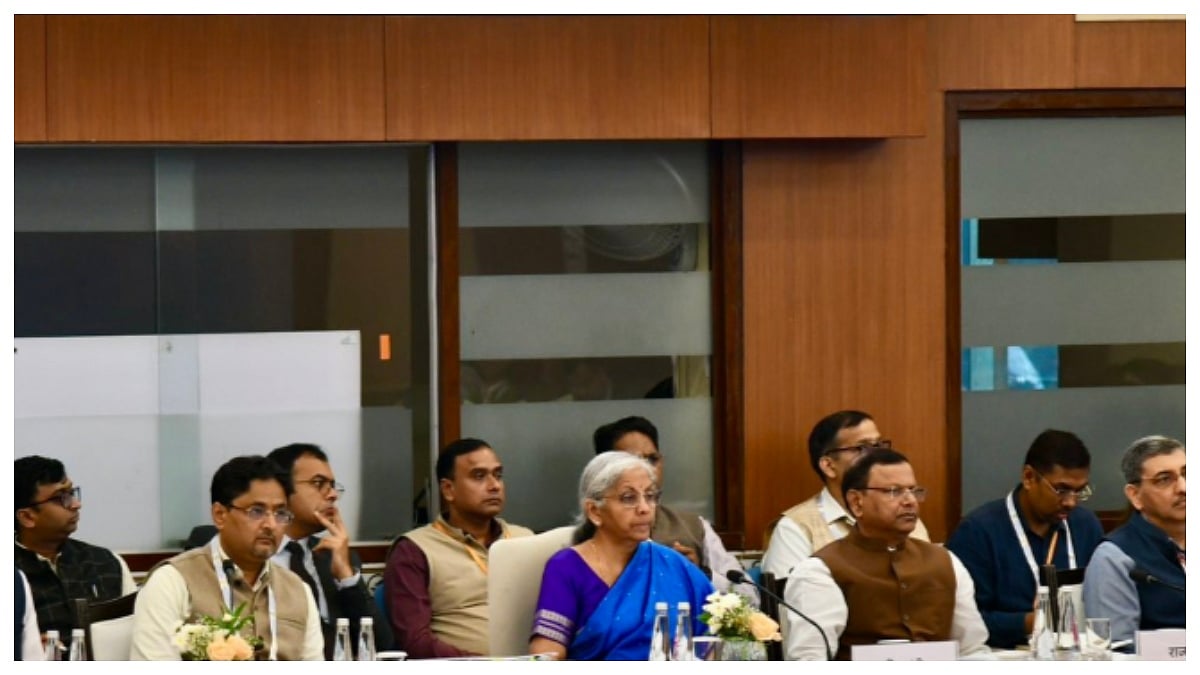Mumbai: With rising cost-of-living pressures and evolving workforce expectations, a report has revealed shifting priorities with 74 per cent of respondents saying they prefer a slightly lower salary with stronger long-term benefits.
Around 74 per cent of employees interviewed stated that they would choose a slightly lower salary in exchange for stronger long-term benefits such as health insurance, retirement planning, and education support, a report by staffing solutions and HR services provider Genius Consultants has revealed.
The report by Genius Consultants is based on inputs from 1,139 employees across sectors pan India.
It further found that currently only 32 per cent of employees felt that their current benefits package effectively supports their financial well-being, while over 61 per cent said their benefits were inadequate.
Over 54 per cent of employees interviewed said their company does not prioritise mental and financial health while implementing wellness programs, said the report.
Around 84 per cent of respondents have confirmed that flexible work options such as hybrid or remote arrangements will help them save and manage their finances more efficiently, it said.
This indicates a strong correlation between workplace flexibility and financial wellness, beyond productivity gains, added the report.
About 73 per cent of employees agreed that performance-based bonuses and incentives will significantly ease their current financial concerns, which revealed a growing preference for variable compensation that rewards individual performance and helps bridge income gaps, it stated.

"Today's workforce is redefining the value of compensation. Financial well-being is no longer limited to take-home salary, it includes long-term security, flexible work, and incentives that support individual life goals.
Organisations must recognise that offering sustainable, future-focused benefits is not just an HR function, but a strategic investment in employee loyalty, productivity, and growth," Genius Consultants Chairman and Managing Director R P Yadav added.
Disclaimer: This is a syndicated feed. The article is not edited by the FPJ editorial team.











